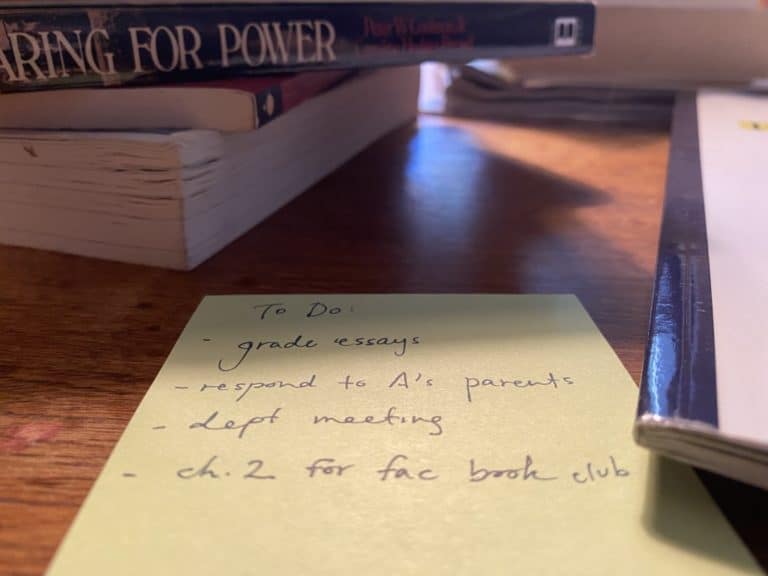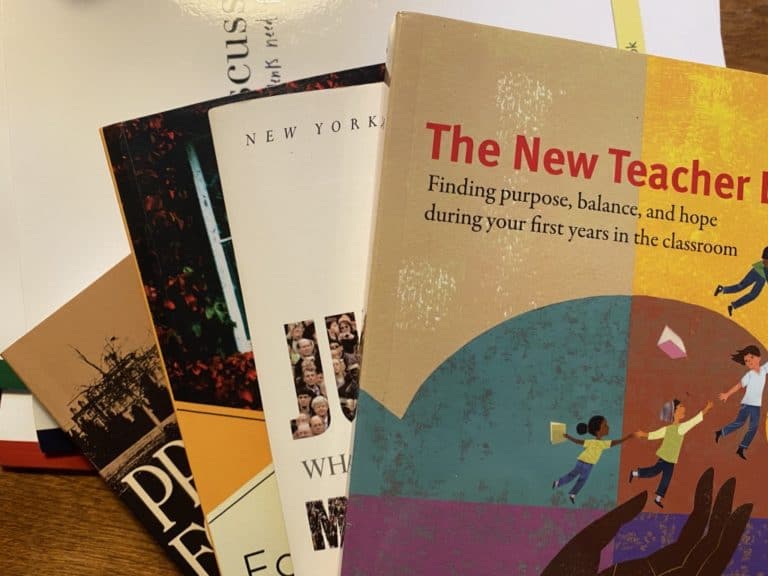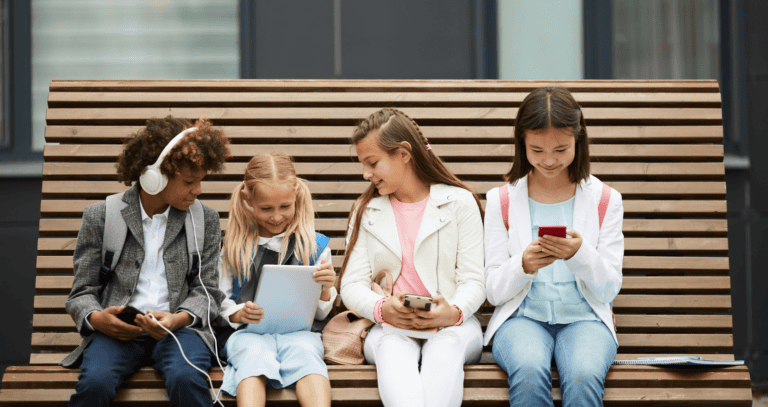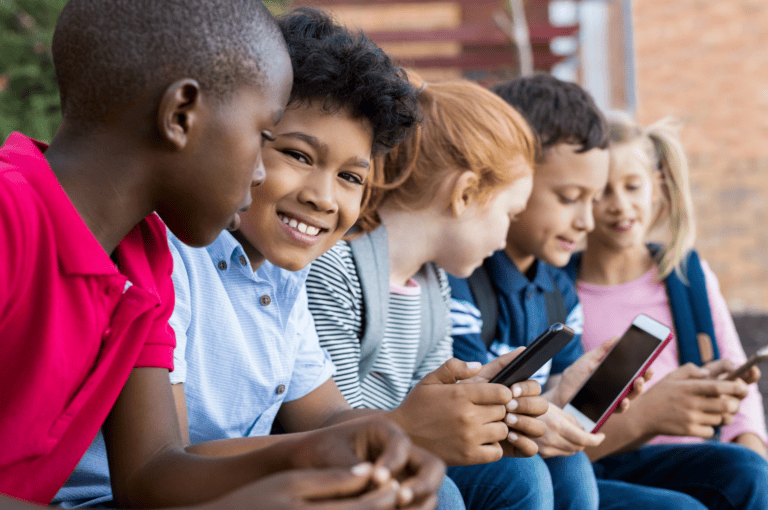Cotter’s Blotter: AI, Black History Month, & Future-Proof Skills
by Cotter Donnell
Welcome to Cotter’s Blotter– a biweekly blog post where I share some of the education resources, interesting ideas, and captivating questions we’re thinking about at R.E.A.L.® I hope you find them inspiring and thought-provoking.
Artificial Intelligence and a More Hopeful Future
Anyone paying attention to current discussion in the field of education has undoubtedly seen headline after headline about artificial intelligence over the past few months. Much of this commentary expresses fears about the future of AI and what it means for education as we know it.
I was not able to attend the California Association of Independent Schools’ annual conference last month, but I heard that a highlight was keynote speaker Vivienne Ming, a self-described “mad scientist” and an expert on artificial intelligence and machine learning. Contrary to the common fears and anxieties about computers taking over the world, Dr. Ming speaks passionately about the amazing potential of AI – i.e., “the most important technological advancement ever” – to improve life for all of humanity. According to Dr. Ming, the key to harnessing the power of AI is equipping young people with the creative potential to explore the unknown with wonder and curiosity and to help them develop the kinds of meta-learning skills we champion at R.E.A.L.®
I spent some time this week going down a rabbit hole reading about Dr. Ming’s work and watching her keynote addresses online. If you’re interested, Dr. Ming’s keynote on The Future of Human Potential is a good place to start.
Black History Month and One Family’s Amazing Story
This week, I was captivated by an NPR story about the descendants of Carter G. Woodson, the Black historian considered to be the father of Black History Month. The story introduces Craig Woodson, a white ethnomusicologist who set out to connect with the descendants of his ancestors, whom he learned were some of the first slave owners in America. In his journey, he strived to unite the Black and white sides of his family. It’s a powerful story about history, family, and reconciliation.
At a time when the world feels increasingly polarized, it’s important for us as educators to share stories of connection, unity, and heartfelt communication with our students.
The Skills Young People Need to Succeed in the Future
This week, I came across a report from McKinsey & Company about the future of work – and the skills citizens will need to develop to thrive in the jobs of the future. The McKinsey Global Institute addresses concerns that automation, artificial intelligence, and robotics are changing the future of the workplace and sets out to identify the skills that people will need to thrive in a tech-first environment. The report states that while the demand for manual and physical skills will decline, “demand for technological, social and emotional, and higher cognitive skills will grow.”
Many of the report’s findings will resonate with teachers and school leaders implementing R.E.A.L.® in their classrooms. Today’s schools, the report argues, must help young people develop foundational skills to succeed in increasingly digital and dynamic industries. In addition to digital fluency, the report outlines three core competencies that students need:
- Cognitive skills – like communication, critical thinking, and mental flexibility
- Interpersonal skills – like teamwork effectiveness and relationship-building
- Self-leadership – like self-awareness, self-management, and goals achievement
In short, governments and schools should be working to reform education systems – to better develop the kinds of skills and habits of mind that students get from thoughtfully designed and well-implemented class discussions.
And of course, be sure to check out the 2022 R.E.A.L. Discussion Annual Report to learn more about the exciting work and meaningful impact that R.E.A.L. is having in classrooms and schools.





